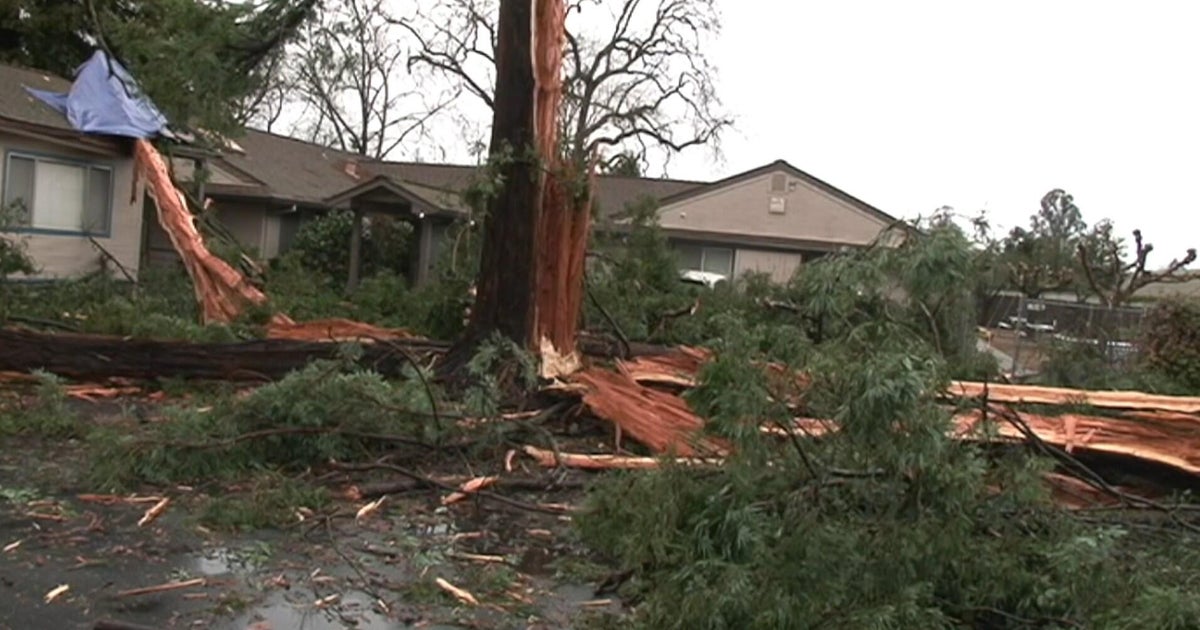DNR: 1st Bighead Carp Captured In Minnesota River
MINNEAPOLIS (WCCO) — Minnesota's battle to stop the spread of invasive carp hit a new snag.
After making their way to the Twin Cities, the disruptive fish are now swimming westward through the Minnesota River.
This is what a commercial angler captured last week around the New Ulm area. It's a 25 pound bighead carp, the largest of the invasive carp family.
And as Bill Hudson explains, it's yet more evidence the fish are far from under control. In the six years that invasive carp first knocked at Minnesota's doorstep, they continue to swim right through it.
"It's unfortunate that we discovered it, it's pretty far up the Minnesota River," Luke Frohnauer with the DNR said.
What's concerning folks like Frohnauer is the continued spread of invasive carp.
Just months after five bighead carp were netted in the St. Croix river near Stillwater, a grass carp was caught in the Minnesota River at New Ulm. And last week, a commercial angler caught a lone bighead also at New Ulm.
The 25-pound carp is one-quarter the size they reach, disrupting habitat and crowding out our native species.
"It is just an individual, which is in keeping with how we've caught them before. So it's a single one which indicates it's not an established or reproducing population," Frohnauer said.
Regulators have already closed the upper St. Anthony dam to keep the carp from migrating further up the Mississippi. We've upgraded the Coon Rapids Dam and are researching still other controls, measures they hope aren't too late to keep these voracious eaters out.
"Lac Qui Parle there's a dam there, an impediment from moving through though it's not a 100 percent impediment where they will be stopped," Frohnauer said.
The fish are much more active in the spring time as they seek out areas for spawning. So the DNR will step up surveillance efforts to determine if there are more of the carp, just where they might be.
So far, there haven't been any invasive carp found above the St. Anthony Dam which was closed off last summer. But that doesn't mean fish didn't breach it before it was closed and just haven't been caught. The battle is far from over.







